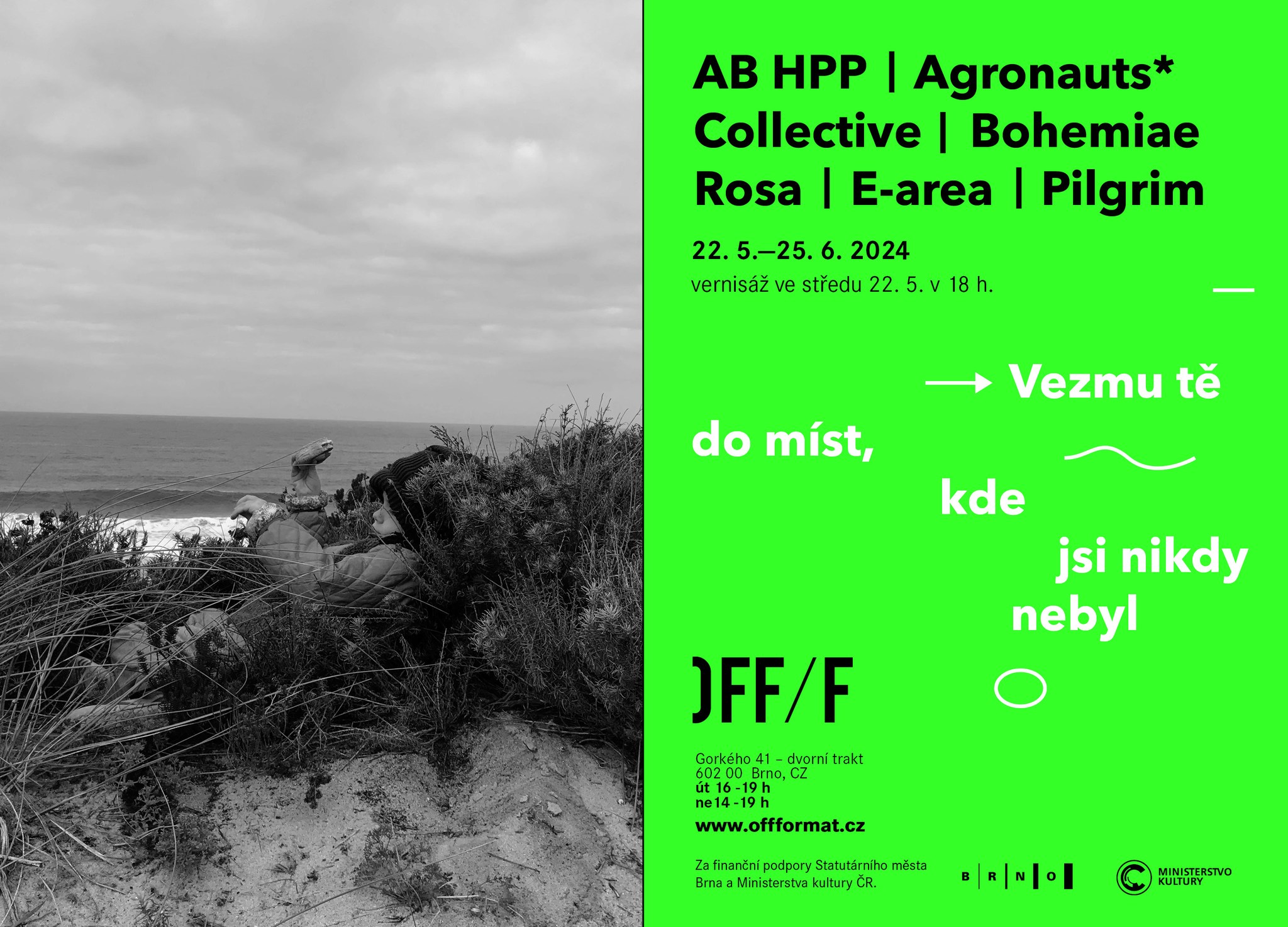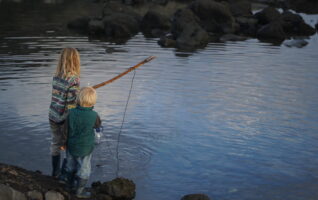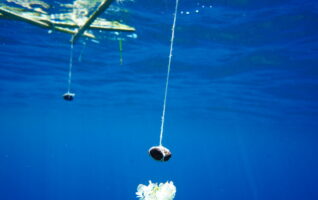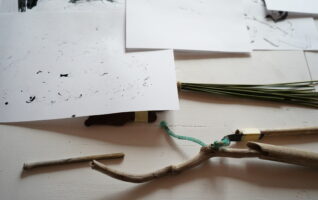I’ll take you to places you’ve never been, Exhibition, 2024
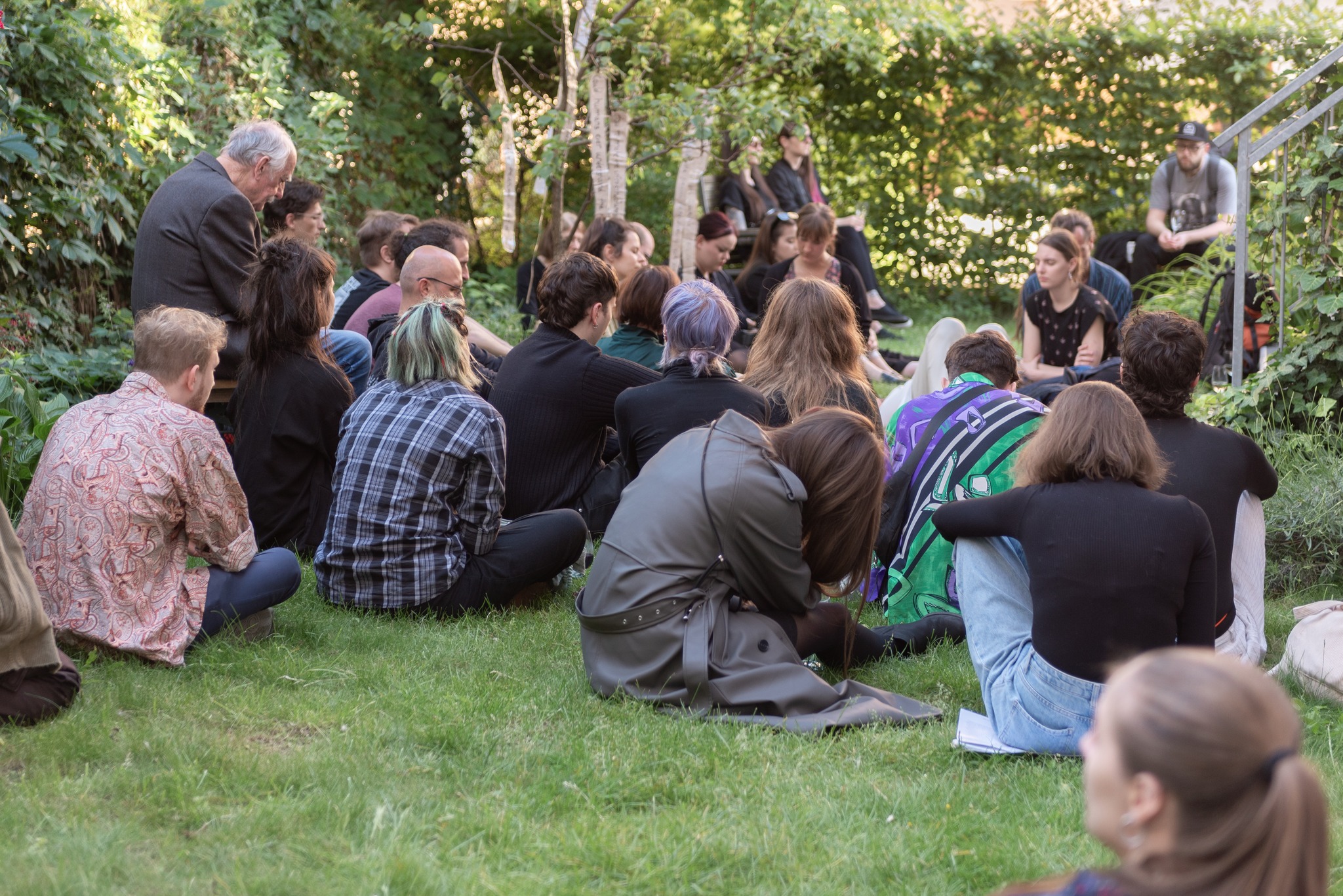 photo off format gallery 2024
photo off format gallery 2024
We would like to publish documentation from the recent exhibition I’ll take you to places you’ve never been, which took place at the Offformat Gallery in Brno, Czech Republic (22. 5. – 25. 6. 2024).
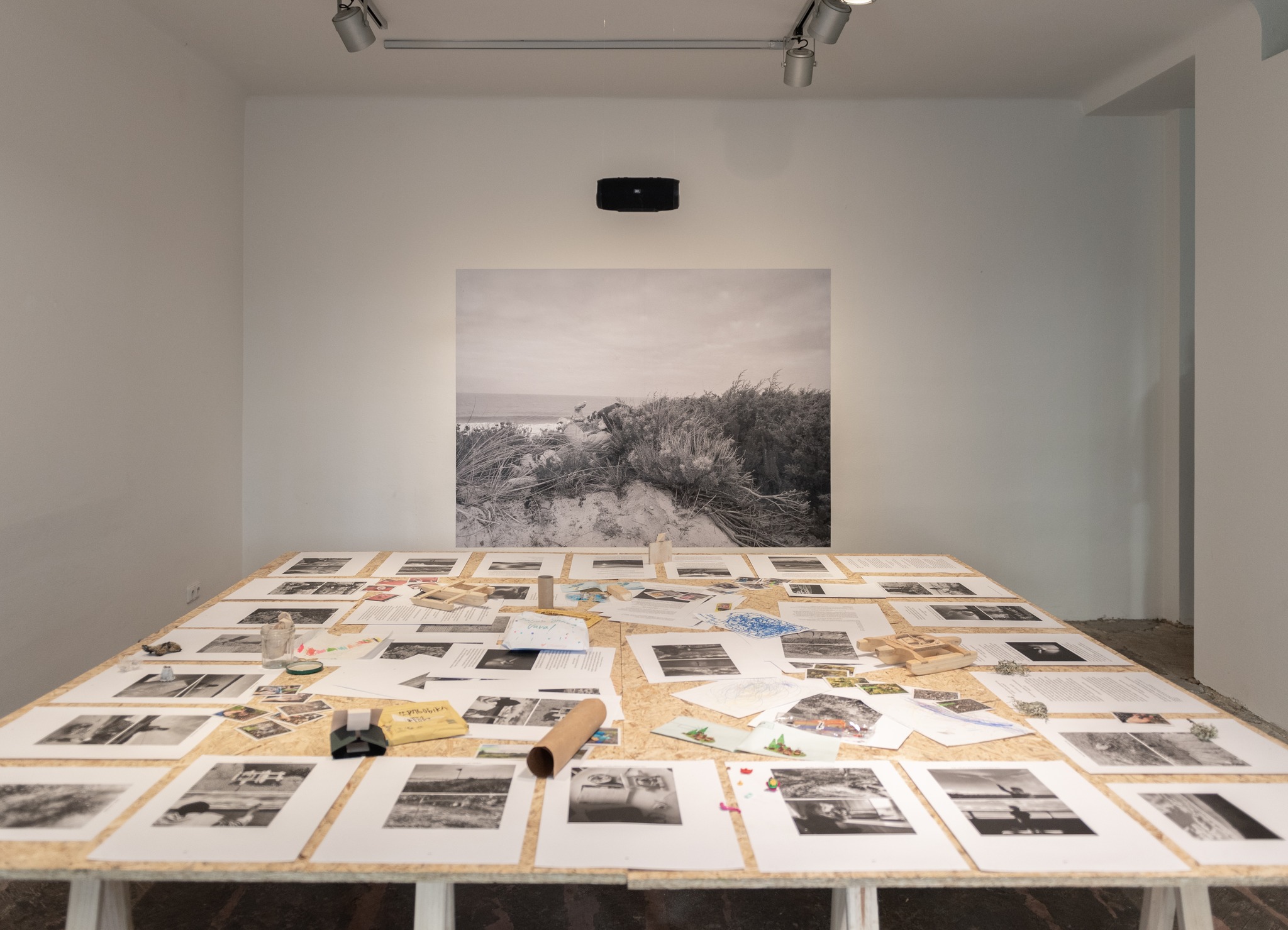 photo off format gallery 2024
photo off format gallery 2024
The following works were presented at the exhibition: Audio works I’ll take you to places you’ve never been, weather songs 2023. Work titled Where Whales Swim With Open Mouths , I Sing About The Water Surface, 2023, which was created as part of a research stay at the Finnish organization SAARI and its installation variant was presented in the gallery.
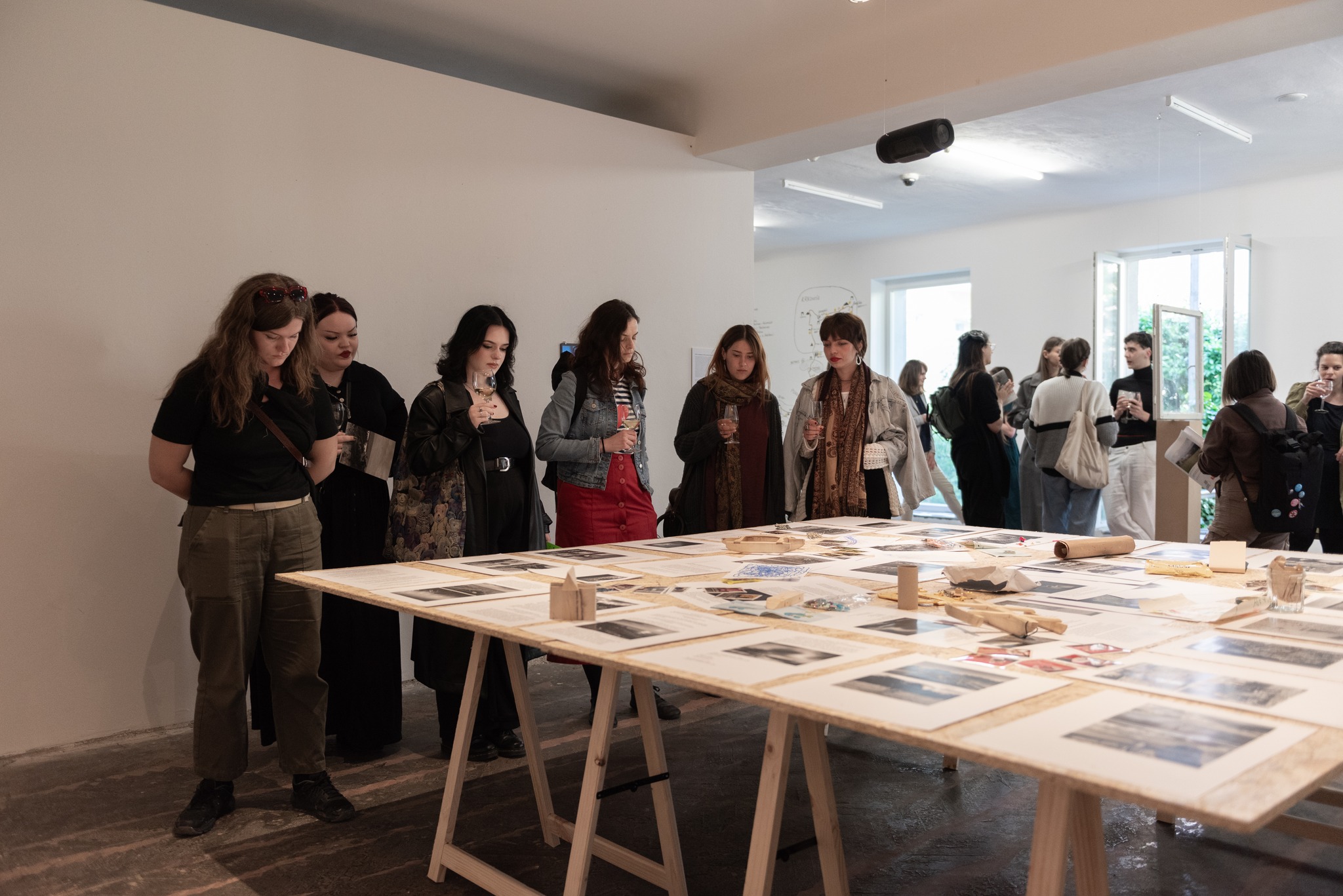 photo off format gallery 2024
photo off format gallery 2024
Here we also share the curatorial text:
Beyond the horizon of the contemporary Anthropocene, we follow more intersecting and intertwining routes. Among them is undoubtedly the one that turns more than others to the human viscera and leads us to reassess our relationship with our surroundings, the earth, non-humans and ourselves. It forces us to take a critical view of perceived human exclusivity and independence and to transform our own perception, experience, attitudes and ethics. In art, exploring this terrain has a long tradition and artists, without claiming their universal truthfulness, have drawn a number of personal maps.
Active learning plays an important role in these “beyond” expeditions – not only as a means of personal but also wider social knowledge. It is not surprising, therefore, that there are initiatives in this artistic zone that operate quite openly with the concepts of “pedagogy”, “university” or “educational model.” They have ambitions to open spaces in which participants can learn from or with others and share their own knowledge. To develop cooperation, build communities and work together for change. To these two key frameworks – ecological and educational – we can add a third: stories. Each of these projects has its own (after all, some have a history in the dimension of decades) and together they connect in a larger one, showing differences, of course, but also similarities and continuity of certain qualities and values. And it is this story (however incomplete) that this exhibition wants to tell. We start in the mid-1990s, when Miloš Šejn and Frank van de Ven founded a workshop Bohemiae Rosa, which wants to explore the relationship of the body and the landscape, as well as a possible educational model for passing on this experience. They came from the context of action art, land art, buto dance, romanticism and personally conceived biocentrism, and despite all the changes, the course still works today. The utopian project E-area of the collective of the same name, whose research and educational centre was to cultivate the relationship with the planet and nature, as well as global debate and wisdom, was considerably shorter in duration. The form of this “third millennium university” was shaped by contemporary cybertopism, which associated with the incipient Internet and virtuality democratization and emancipation potential, as well as the ideas of deep ecology, emphasizing the natural and cosmic reorientation of man. These were the domain especially of Jiří Zemánek, who a decade later co-founded Pilgrim – a roving university of nature. As the name suggests, the central motif here has become the millennial experience of philosophers, ascetics, painters, poets, and others, that walking through the landscape transforms our perception and experience. Another decade later, the current wave of interest in environmental issues was rising mightily, focusing attention on current post-centric thinking – posthumanism, speculative philosophies, new materialism… This builds on and defines itself against deep ecology – instead of a planetary organism, it emphasizes networks of actors. And in these discourse spaces is also embedded the association AB HPP, which has set itself the goal of developing an alternative pedagogical model of interspecies listening aimed at the smallest children, or the community Agronauts* Collective. This in turn seeks a sustainable existence through regular symposia, micro-utopian and multi-species experimentation.
It is obvious that these projects are heavily shielded by the individualities of their creators, period thinking and atmosphere, yet they are all based on a strong inner reason, they emphasize a deep connection with the world around us, openness, sensitivity, subjectivity, experiment and creativity… They are not education in the traditional sense, but this does not detract from their inspiration for our journey through the Anthropocene, quite the contrary.
Ondřej Navrátil
